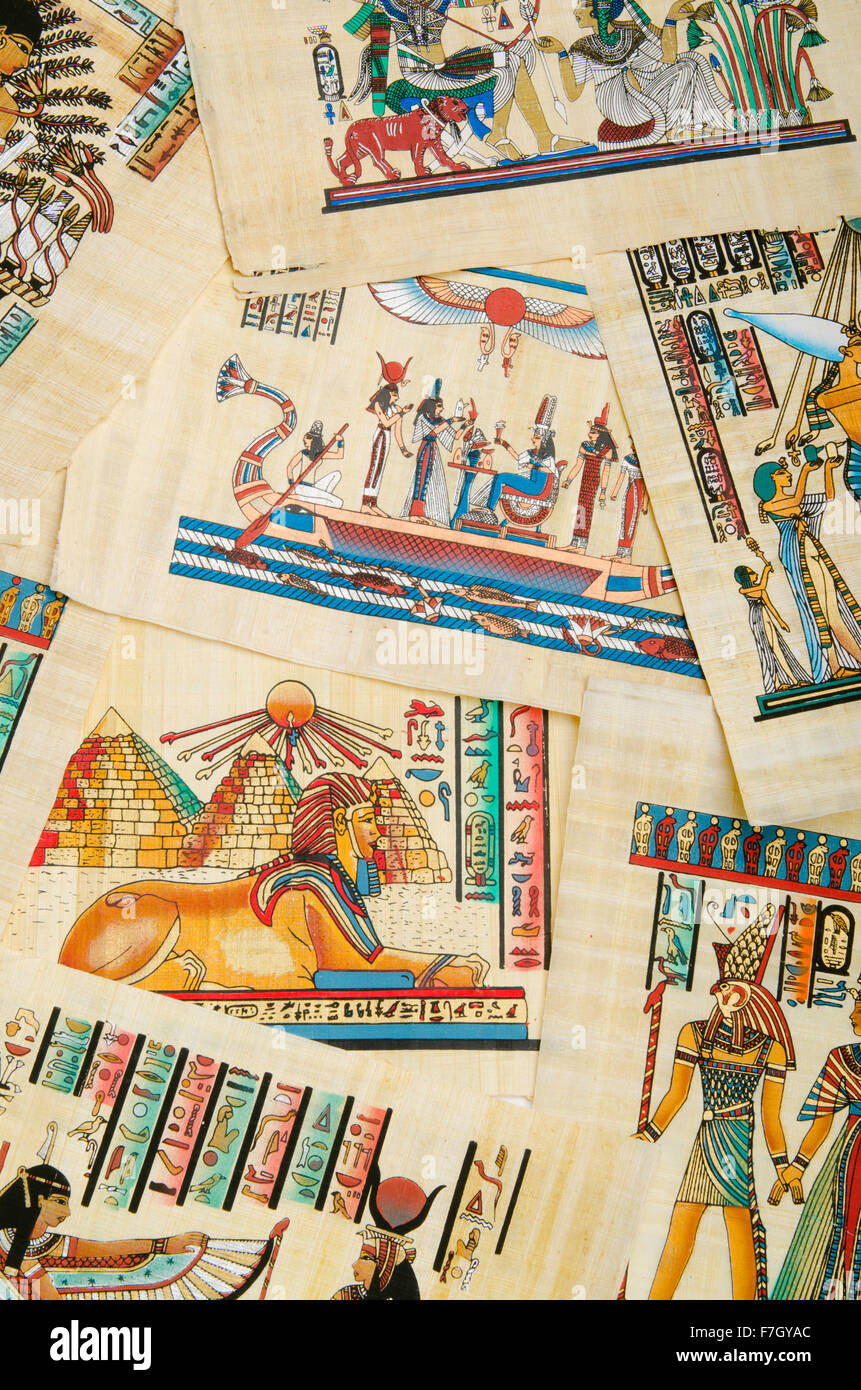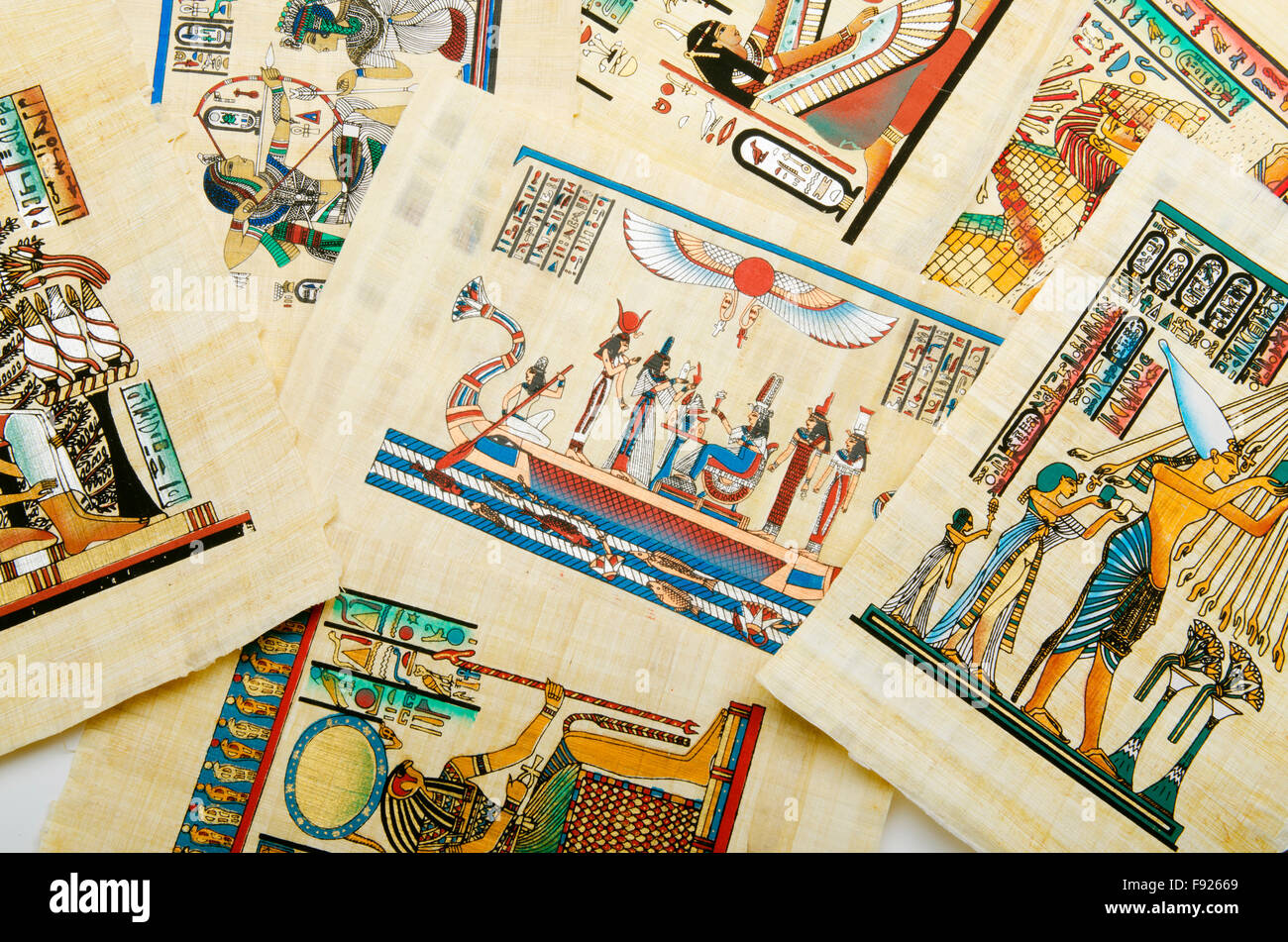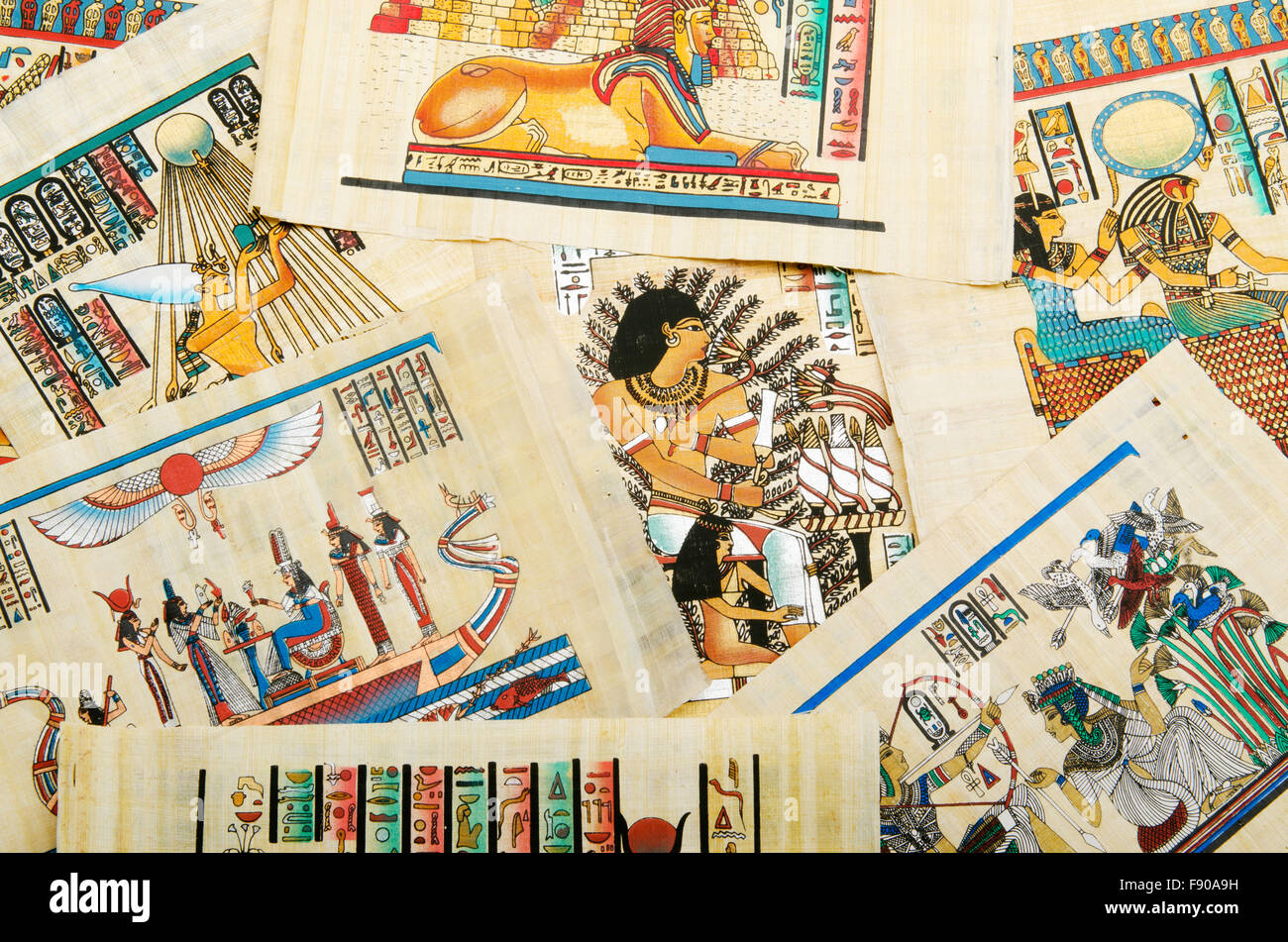Unraveling The Iran-Israel Conflict: A Deep Dive Into Their Complex History
The relationship between Iran and Israel, a geopolitical saga marked by shifting alliances and escalating hostilities, stands as one of the most intricate and volatile dynamics in the Middle East. What began as an unlikely alliance during the Cold War era has transformed into an open and often violent rivalry, shaping regional stability and drawing global attention. Understanding the historical trajectory of this profound animosity is crucial to comprehending the current landscape of the Middle East.
This article delves into the fascinating and often turbulent **history of Iran vs Israel**, tracing their journey from cordial relations to a deeply entrenched animosity. We will explore the pivotal moments, ideological shifts, and strategic calculations that have defined their evolving conflict, drawing upon key events and statements that illuminate this complex narrative.
Table of Contents
- The Unlikely Alliance: Iran and Israel's Early Ties
- The Turning Point: Iran's Islamic Revolution
- The Shadow War Begins: Decades of Covert Conflict
- Escalation: Direct Confrontations Emerge
- The Nuclear Dimension: A Core Concern
- International Diplomacy and the Quest for Stability
- Understanding the Current Landscape
- The Future of the Iran-Israel Dynamic
The Unlikely Alliance: Iran and Israel's Early Ties
It might come as a surprise to many, given the current state of affairs, but the **history of Iran vs Israel** was not always one of open hostility. In fact, for a significant period, particularly during the Cold War, their relationship was remarkably cordial. This alliance blossomed in the 1950s, under the reign of Iran’s last monarch, Shah Mohammad Reza Pahlavi. Both nations found common ground in their shared strategic interests and regional anxieties.
Shared Interests and Regional Dynamics
During the Shah's era, Iran and Israel saw each other as vital partners in a turbulent Middle East. Israel, often isolated in the Arab world, sought non-Arab allies, and Iran, under the pro-Western Shah, was a natural fit. The Shah, in turn, sought to improve Iran's relations with the United States, and Israel was perceived as a valuable conduit to achieve that aim. "It was always Israel that was the proactive party, but the Shah also wanted a way to improve its [Iran’s] relations with the US, and at the time Israel was seen as a good way to achieve that aim." This pragmatic alignment meant cooperation on various fronts, from intelligence sharing to economic ties, creating a surprising chapter in the **history of Iran vs Israel**.
The Turning Point: Iran's Islamic Revolution
The friendship between Iran and Israel, however, abruptly ended with the Islamic Revolution in Iran in 1979. This pivotal event completely reshaped Iran's domestic and foreign policy, fundamentally altering the trajectory of the **history of Iran vs Israel**. The origins of the rivalry between the Islamic Republic and the Jewish state trace back directly to this overthrow of Israel’s close ally, the authoritarian Shah of Iran, Mohammad Reza Pahlavi, by Ayatollah Ruhollah Khomeini’s forces.
From Ally to Adversary: The Ideological Shift
With the establishment of the Islamic Republic, Iran's new government adopted an anti-Zionist stance rooted in its revolutionary ideology. "Iran's current government does not recognize Israel's legitimacy as a state." This ideological shift transformed a pragmatic alliance into an entrenched enmity. The new Iranian leadership viewed Israel as an illegitimate entity and an outpost of Western imperialism in the region. This marked a dramatic and irreversible turning point in the **history of Iran vs Israel**, setting the stage for decades of animosity. The relationship, which had been cordial for most of the Cold War, worsened following the Iranian Revolution and has been openly hostile since the end of the Gulf War in 1991.
- Meredith Hagner S And Tv Shows
- Terry Leslie Mcqueen
- Allmoveihub
- Rebecca Lynn Howard Husband
- How Did Bloodhound Lil Jeff Die
The Shadow War Begins: Decades of Covert Conflict
For decades following the revolution, Israel and Iran engaged in what has often been described as a "shadow war" across the Middle East. This protracted conflict involved indirect confrontations, proxy battles, and covert operations rather than direct military engagements. "For decades, Israel and Iran have fought a shadow war across the Middle East, trading attacks by land, sea, air and in cyberspace." This period was characterized by a complex web of regional rivalries, where both nations sought to undermine each other's influence without triggering a full-scale war.
Proxies, Cyber Warfare, and Regional Influence
Iran developed a network of proxy groups, such as Hezbollah in Lebanon and various militias in Iraq and Syria, to project its power and exert pressure on Israel's borders. Israel, in response, engaged in targeted strikes against these proxies and conducted covert operations aimed at disrupting Iran's nuclear program and military capabilities. The shadow war also extended into the digital realm, with both sides engaging in cyber warfare. This period of indirect conflict, while less overt, was nevertheless a crucial phase in understanding the deepening animosity in the **history of Iran vs Israel**.
Escalation: Direct Confrontations Emerge
While the "shadow war" persisted, recent years have seen a dangerous escalation, with both Iran and Israel increasingly engaging in direct military actions against each other. This shift marks a new and perilous chapter in their long history of conflict, moving beyond proxies to direct strikes. The risk of a broader regional conflagration has significantly increased as a result.
Tit-for-Tat: Strikes and Retaliations
The cycle of direct strikes and retaliations has become a defining feature of their recent interactions. For example, "Israel and Iran opened a new chapter in their long history of conflict when Israel launched a major attack with strikes early Friday that set off explosions in the Iranian capital of Tehran." This significant event was not an isolated incident but part of a dangerous escalation. "But that attack itself was a retaliation to Israel's suspected strike on Iran's consulate in Syria on April 1, which killed two top Iranian military commanders and at least 10 other people." This demonstrates the tit-for-tat nature of the conflict. In response to the October 7 attacks, "Israeli bombings of the Iranian consulate in Damascus killed senior IRGC leaders." This led to a direct response from Iran: "Iran and its proxies retaliated by firing hundreds of missiles and drones at Israel." Specifically, "Iran responded to the Damascus airstrike by launching a nighttime attack on Israel with 120 ballistic missiles, 30 cruise missiles and 170 drones." While "most of the barrage was" intercepted, it marked a significant shift. "This is the first time both countries went to a direct conflict since 2024 but on a massive scale." The situation has been tense, with "Iran has vowed not to stop as Israel warned, saying Tehran will burn." There were reports that "Israel targeted Iran's defence ministry hours after Iranian missiles breached Iron Dome to hit crucial sites in central Tel Aviv." These direct exchanges highlight the perilous turn in the **history of Iran vs Israel**, moving from a shadow war to open confrontation.
The Nuclear Dimension: A Core Concern
At the heart of Israel's concerns regarding Iran is its nuclear program. Israel views a nuclear-armed Iran as an existential threat, given Iran's stated aim that "Iran saying it wants to wipe Israel off the map." This fear has driven much of Israel's proactive measures, including suspected assassinations of Iranian scientists and sabotage of nuclear facilities. "Israel said it targeted nuclear and military facilities, killing Iran’s top military and nuclear scientists." The international community has also been deeply involved, with "European diplomats held talks with Iran" regarding its nuclear ambitions. The United States has played a crucial role, with former President Trump announcing "nuclear talks with Iran," and later stating, "President Trump said he would make a decision about attacking Iran 'within the next two.'" The nuclear issue remains a primary flashpoint, constantly threatening to ignite a larger conflict and shaping the ongoing **history of Iran vs Israel**.
International Diplomacy and the Quest for Stability
The escalating tensions between Iran and Israel have consistently drawn the attention of international powers, particularly the United States and European nations. Diplomacy often attempts to de-escalate crises, but success has been limited. "Israel is waiting for the United States to get directly involved" in managing the conflict, highlighting the reliance on external mediation. The complex web of alliances and rivalries in the Middle East means that any direct confrontation between Iran and Israel has wider regional and global implications. International efforts often focus on preventing Iran from acquiring nuclear weapons and deterring both sides from actions that could lead to a full-scale war. However, the deep-seated ideological differences and strategic imperatives of both nations make a lasting resolution incredibly challenging, continually complicating the **history of Iran vs Israel**.
Understanding the Current Landscape
The current landscape of the Iran-Israel conflict is defined by a precarious balance of deterrence and a constant threat of escalation. "Israel and Iran launch major missile" attacks are no longer unthinkable, as demonstrated by recent events. The direct exchange of fire, once considered a red line, has been crossed, signaling a new and more dangerous phase. Both nations operate under the assumption that the other poses a significant threat to its security and existence. Iran views Israel as an illegitimate occupier and a tool of Western influence, while Israel sees Iran as a radical, expansionist power committed to its destruction. This fundamental divergence in worldview fuels the ongoing animosity and ensures that the **history of Iran vs Israel** remains a dynamic and perilous narrative, with each action prompting a reaction, and the risk of miscalculation ever-present.
The Future of the Iran-Israel Dynamic
The future of the **history of Iran vs Israel** remains uncertain and fraught with peril. The direct engagements witnessed recently indicate a potential shift from a proxy war to more overt military confrontations. The nuclear dimension will continue to be a central point of contention, with Israel determined to prevent Iran from developing nuclear weapons and Iran asserting its right to a peaceful nuclear program. The involvement of international actors, particularly the United States, will be crucial in managing the conflict and preventing it from spiraling out of control. While calls for de-escalation are frequent, the deep-rooted ideological and strategic imperatives of both nations suggest that their rivalry will continue to shape the geopolitical landscape of the Middle East for the foreseeable future. The challenge for policymakers and the international community will be to find pathways to manage this enduring conflict, minimize its human cost, and prevent it from engulfing the wider region in a devastating war.
The **history of Iran vs Israel** is a testament to how quickly alliances can dissolve and how deeply ideological differences can entrench animosity. From unexpected allies to bitter adversaries, their journey offers critical lessons in international relations. As tensions continue to simmer, understanding this complex past is more important than ever.
What are your thoughts on the evolving relationship between Iran and Israel? Share your perspectives in the comments below, and don't forget to share this article with others interested in understanding this critical geopolitical dynamic. For more insights into Middle Eastern affairs, explore our other articles on regional conflicts and international diplomacy.
- 9xsarmy
- Tyreek Hill Height And Weight
- Is Piero Barone Married
- Allmobieshub
- Sophie Rain Spiderman Video Online

Egyptian history concept with papyrus Stock Photo - Alamy

Egyptian history concept with papyrus Stock Photo - Alamy

Egyptian history concept with papyrus Stock Photo - Alamy